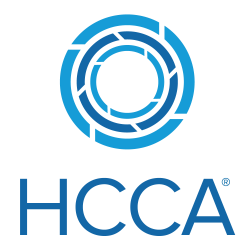Maybe it’s all that sunshine, but the value of certification in improving clinical trial workforce quality standards is clear to see in Florida, where the University of Florida’s (UF’s) Clinical and Translational Science Institute (CTSI) advocates, recognizes, and supports its personnel in attaining and maintaining the status of being a certified professional.
As Allison Trainor, MPH, CPH, CCRC, a past president of the North Central Florida chapter of ACRP, puts it, “Without certification, you can function, but are you functioning at your best?”
It’s not an idle, existential question for Trainor and the other professionals at UF. Holly Morris, MSN, RN, CCRC-PM, CHRC, director of research services for UF’s CTSI, has maintained her own certification for nearly 20 years. She takes it seriously, both for herself and others in the clinical trial workforce.
“Seeing someone go after [certification] shows they want to achieve—they want to go beyond the status quo and gain a broader knowledge of the field,” Morris says. “[We have] a lot of initiatives [like advocating certification] to change the culture and create a pipeline of knowledge and workforce career paths. We want to bring up the collective group, and support and recognize certificants as the best of the best.”
Among its initiatives, UF CTSI hosts an annual reception. “We wanted to publicly thank a group of professionals who have, for the most part, quietly persevered in maintaining certifications, and to show the value of their efforts to the institution,” said one of the event organizers, Bob Kolb, assistant director of clinical research for the CTSI Translational Workforce Development Program.
Fighting the good fight to advocate for certification is still something of an uphill battle, though. “The value of certification has not always been seen in this industry, but I think we’re moving in the direction we hoped,” Trainor says. “As an industry, we shouldn’t have to justify certification—it should be the obvious standard.”
Author: Michael Causey
Related—Research shows ACRP Certification results in:
- Higher Enrollment Rates
- Lower Protocol Deviations
- Fewer 483 Warning Letters
- Improved Regulatory Compliance
- Better Inspection Performance




